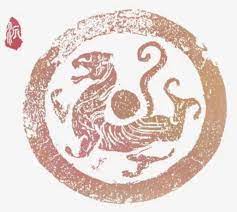This festival in China marks the arrival of summer.
The history of the Dragon Boat Festival dates back many centuries.This festival is traditionally associated with the commemoration of Qiu Yuan.
Who is Qiu Yuan?
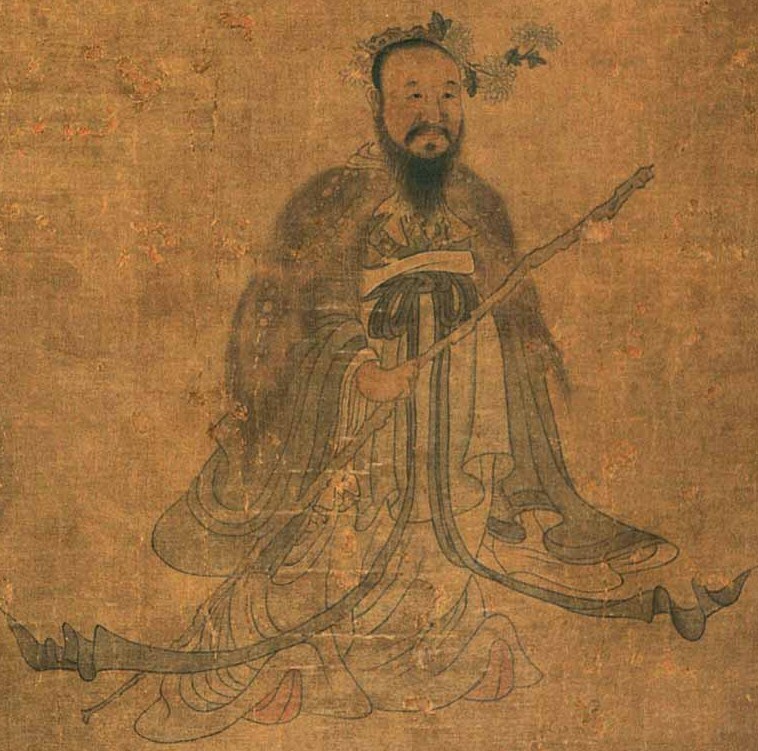
As a descendant of an aristocratic family, Qu Yuan served as a minister in the court of the Chu Kingdom of Chǔn. He opposed the hegemony of the Qin Qín dynasty. According to legend, Qu Yuan was slandered by a rival minister who had strong influence over the ruler of Chu. In 278 BC, the capital of Chu was captured by the Qin warlord Bái Qí Qǐ. On learning of this, Qiu Yuan composed the poem Lament for the Ying Capital Āi Yǐng and committed suicide by throwing himself into the waters of the Milo River, which flows in Hunan Province. Local peasants tried to save Qiu Yuan, desperately but unsuccessfully. Then they searched for his body and tried to scare away the river spirits and fish - with the splashing of boat oars and the drumming of drums. Finally, they began throwing rice into the river as an offering to the poet's spirit, as well as to distract the fish from his body. Qiu Yuan's spirit appeared to his friends one night and told them that the river dragon had caused his death. The spirit asked them to throw rice wrapped in triangular silk bags into the river to ward off the dragon. This, according to the legend, is the origin of the traditional Zongzi rice dove. Subsequently, the silk was replaced by cane leaves in which the rice was boiled and eaten. The "search for a body on the river" eventually took the form of a rowing competition, with the bow of each boat necessarily representing a dragon's head. The "dragon boat races" began to celebrate the poet's death every year, on the fifth day of the fifth month of the Chinese lunar calendar.
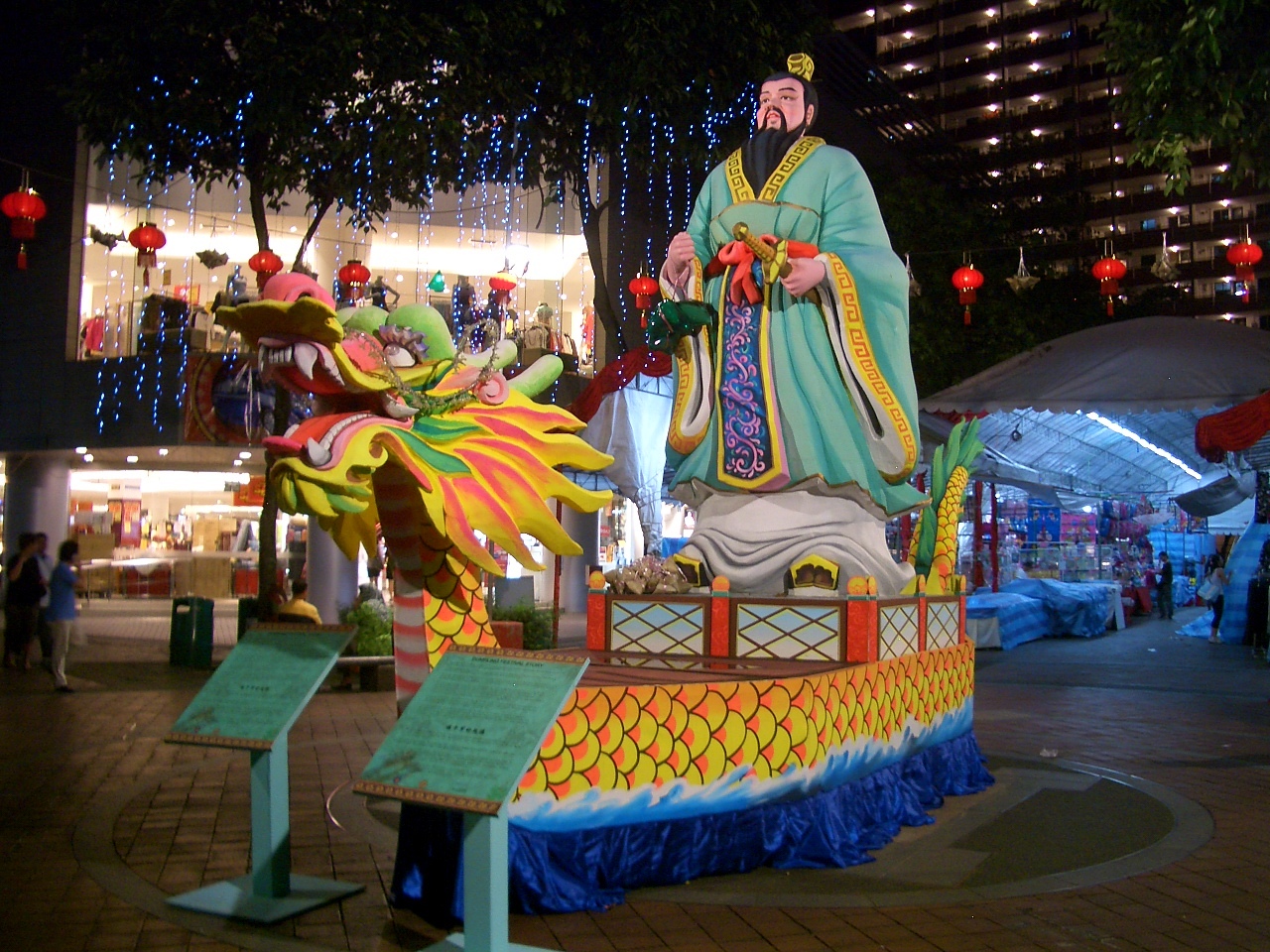
The "Dragon Boat" holiday marks the onset of the summer heat and, consequently, the danger of the spread of summer diseases associated with it. Therefore, the popular dominant feature of the holiday was "the repelling of evil," embodied in the local traditions of using amulets of wormwood, pictures with the image of Qiu Yuan. Traditionally at this time, special attention was paid to children: they made necklaces and bracelets of multicolored thread and beautiful embroidered bags.
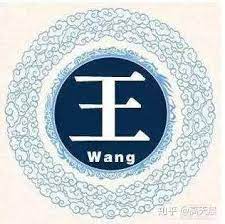
Parents drew the Chinese character 王 (van), meaning "prince", on the forehead of the baby; for "self-defense against adversity," children were taught to make bows and arrows. On this day it is customary to take care to protect one's home.
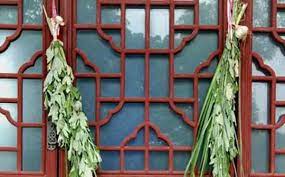
Ancient Chinese custom says that on this day we attach branches of rose and wormwood 蒲艾 to the house gates and tie a talisman in the form of a small tiger 虎符 from a thin silk fabric to "ward off evil" 避邪 to a child's hand.
